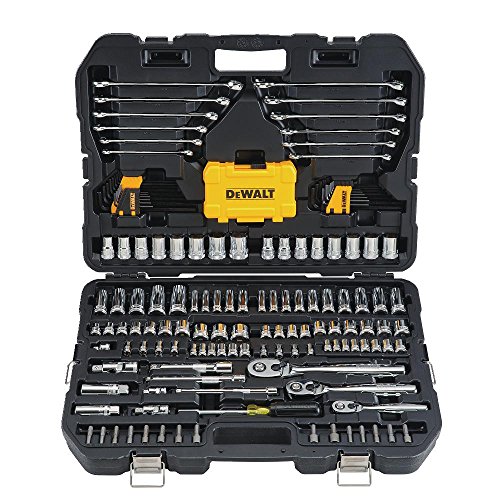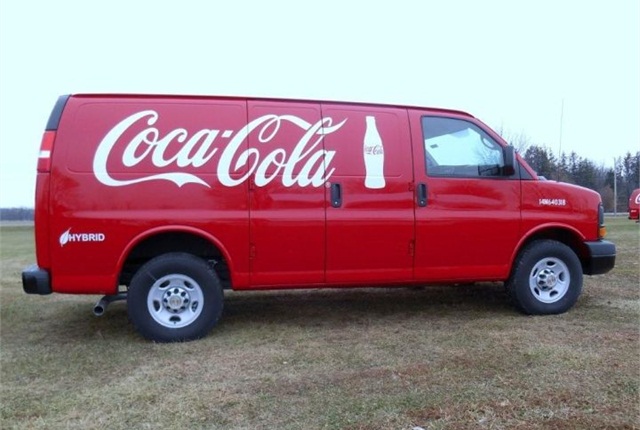vanvanvanvan123 said:
1. How could I possibly be stealthy with a small passenger wagon like a Prius V?
2. Is there ANY other van or mini van that has naturally more stealth AND has this Toyota feature for leaving AC or heater on as I sleep?
I'll start with #2: I don't know of any van or mini van in the US Market that has the Toyota feature for AC while sleeping. I remember hearing rumors as early as 2005 that the Sienna was going to come out as a hybrid ... but, so far that hasn't happened.
#1: I would make a Prius V stealthy the same way I've made my Prius Liftback stealthy.
- Tint windows as dark as legally allowed.
- Install the little plastic window awnings because it allows you to crack the windows for circulation without appearing so. It also keeps the rain out.
- Get bed coverings that are black in color so as not to draw the eye of passers by.
- Get storage containers in black, or cover them with black polyester fleece. Again, black doesn't draw attention of people passing by.
- Store everything below window level except for the portion of the hatch area that you don't use for a bed.
- Install black polyester fleece curtains. I hang them just behind the front seats, over the two passenger side windows, and from the back where the hatch hinges at the roof. I tie them back when driving.
- I use black polyester fleece curtains for several reasons: 1) they are mat black (vs. shiny) so they absorb light. 2) to the casual observer it appears they are looking into an empty car, 3) they don't ravel (no sewing), and 4) they don't wrinkle.
- Wear black sleep clothes in case the curtains part.
The other part of being stealthy is picking where and how to over night. This is what I try to do:
- Pick someplace that is legal to park overnight. Most Walmarts, rest areas, and truck stops are some examples. Or, go to the police station and just ask.
- Scope out a place to sleep overnight during daylight hours.
- Prepare for sleep away from the place where you'll park to sleep.
- When ready to sleep, go to the place you picked earlier and go to sleep as soon as you can.
- If you must use a light, then use a red one.
- Leave immediately upon waking up.
I don't know how much my experience fits with your need to be stealthy, but I hope this information helps.
To see more details of how I've set up my "Prius RV," go to my blog and look at the links in the right-hand column ...
http://SuanneOnline.blogspot.com
Suanne ... still enjoying the sunshine of the desert southwest










































































